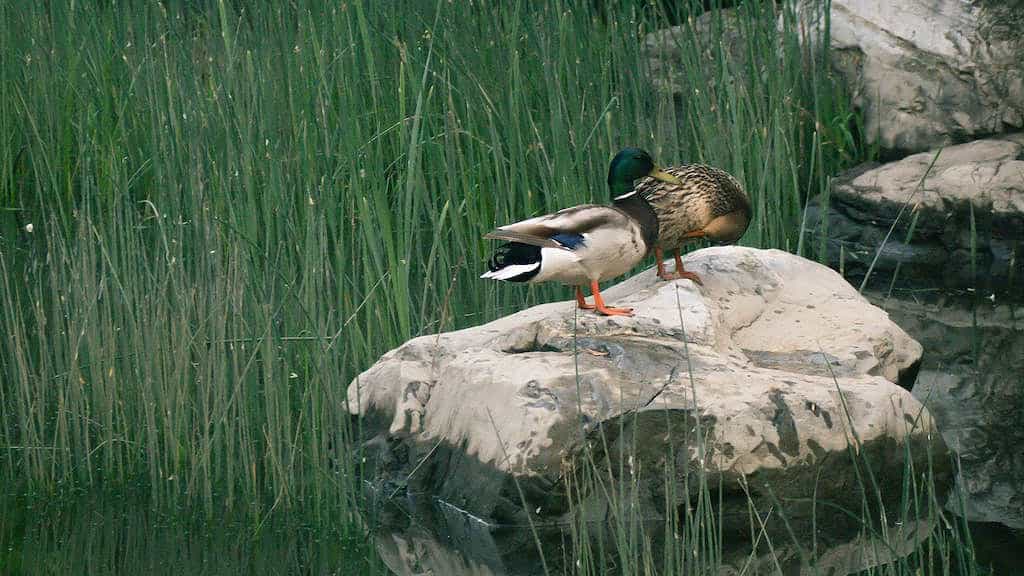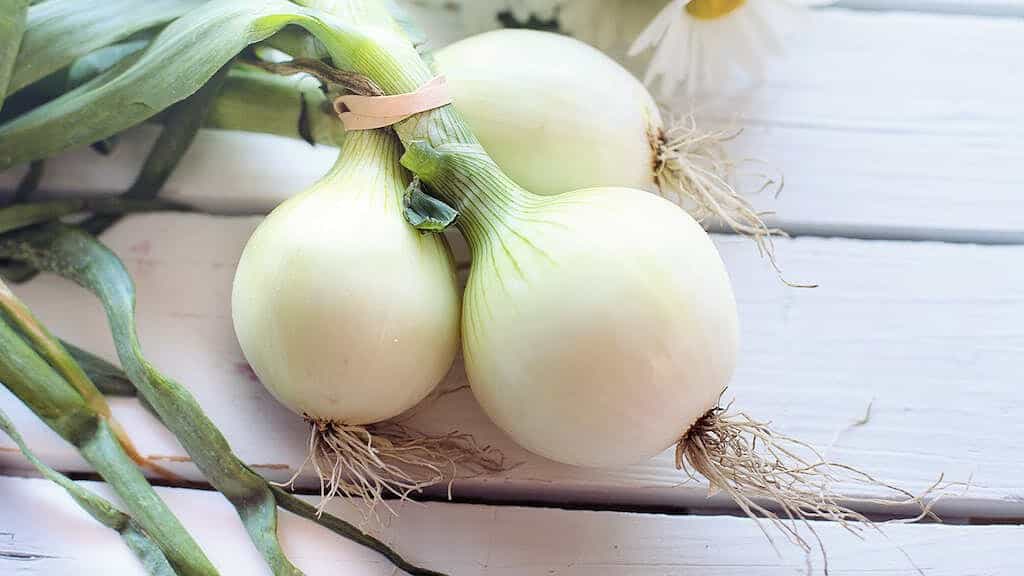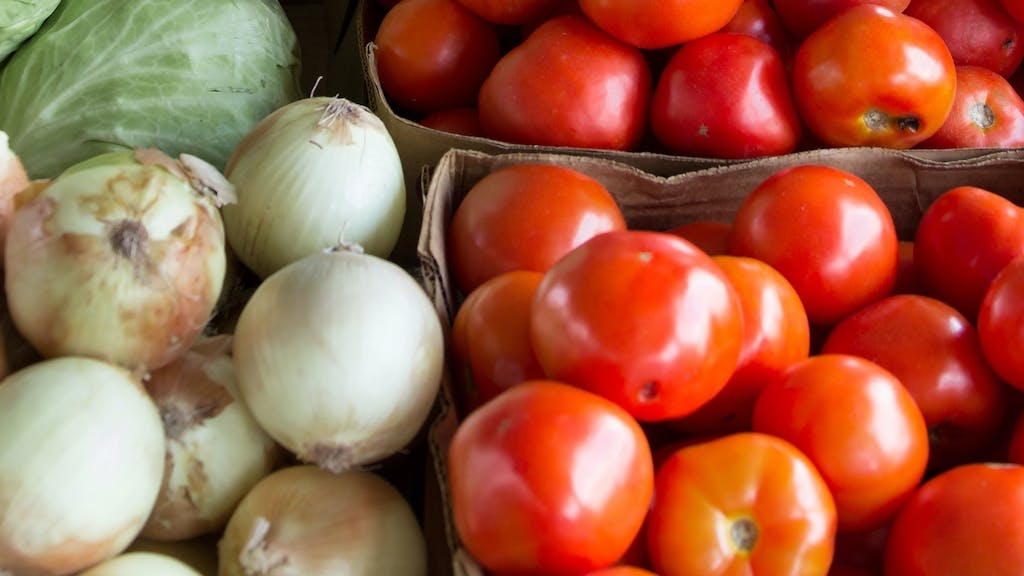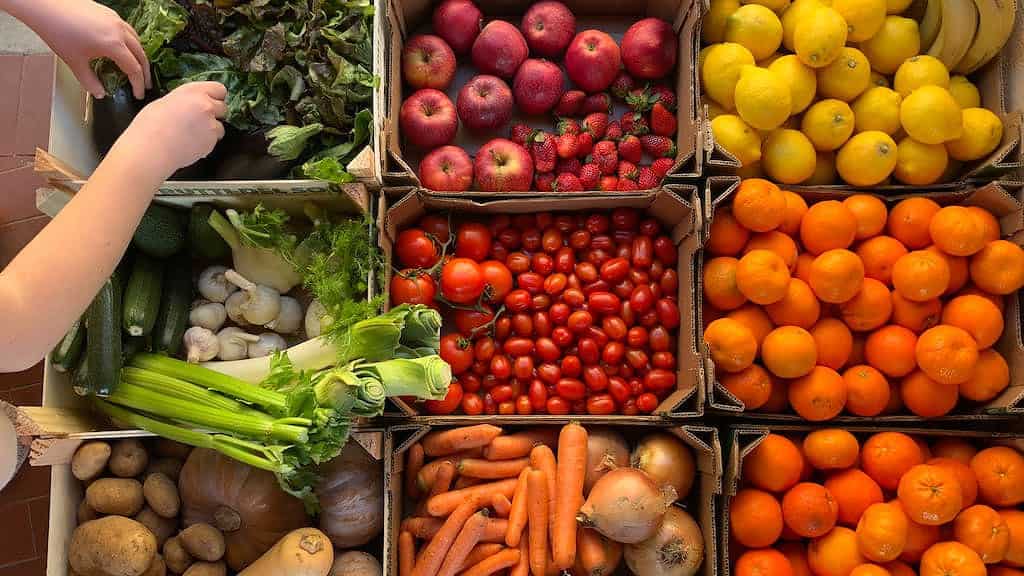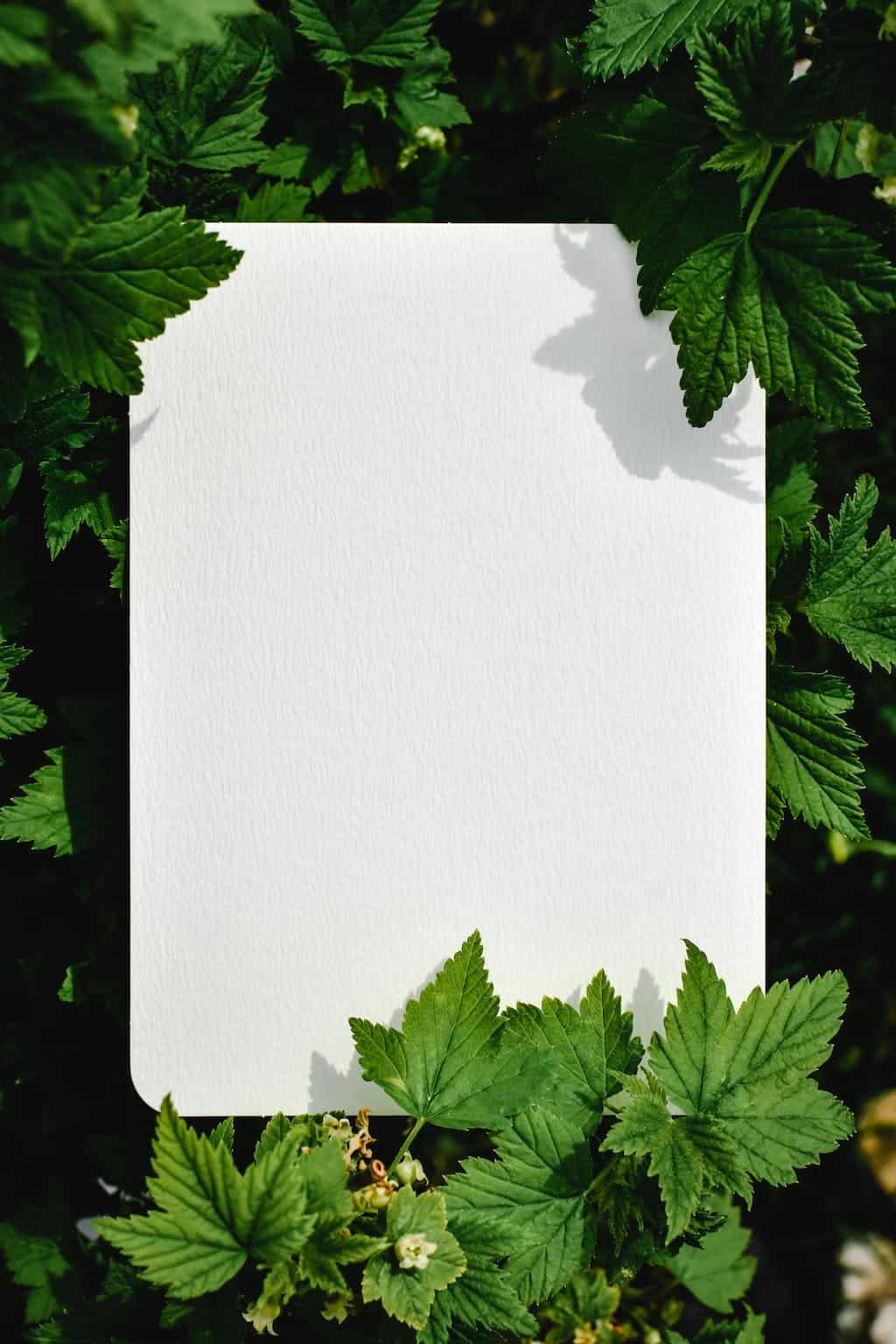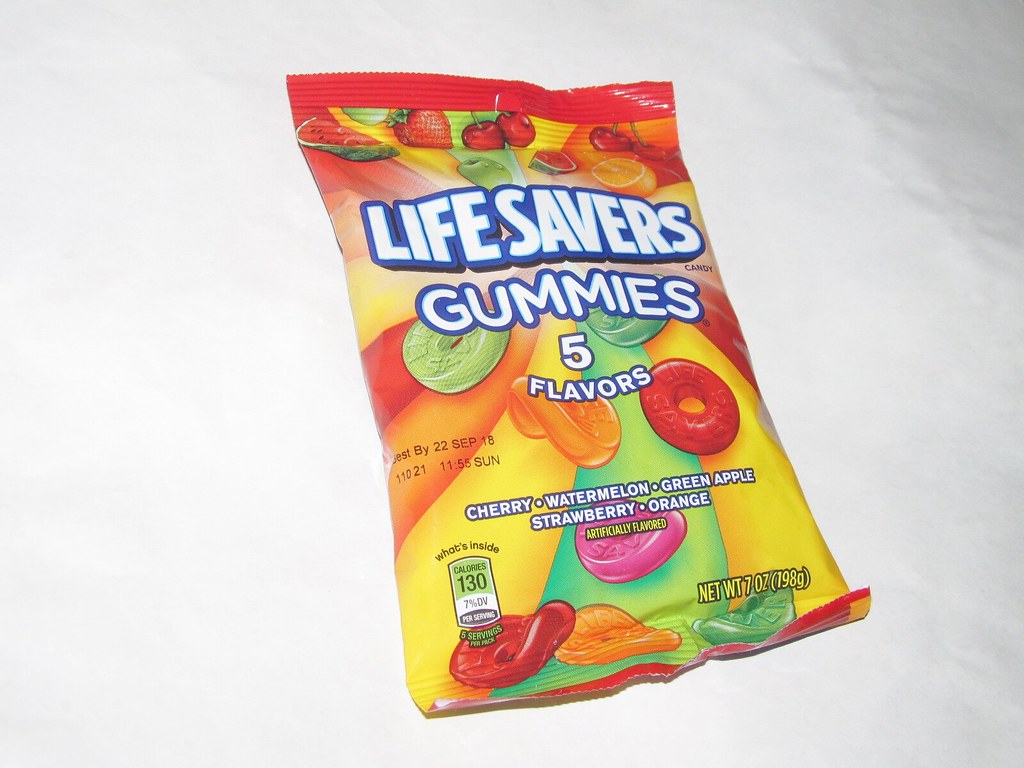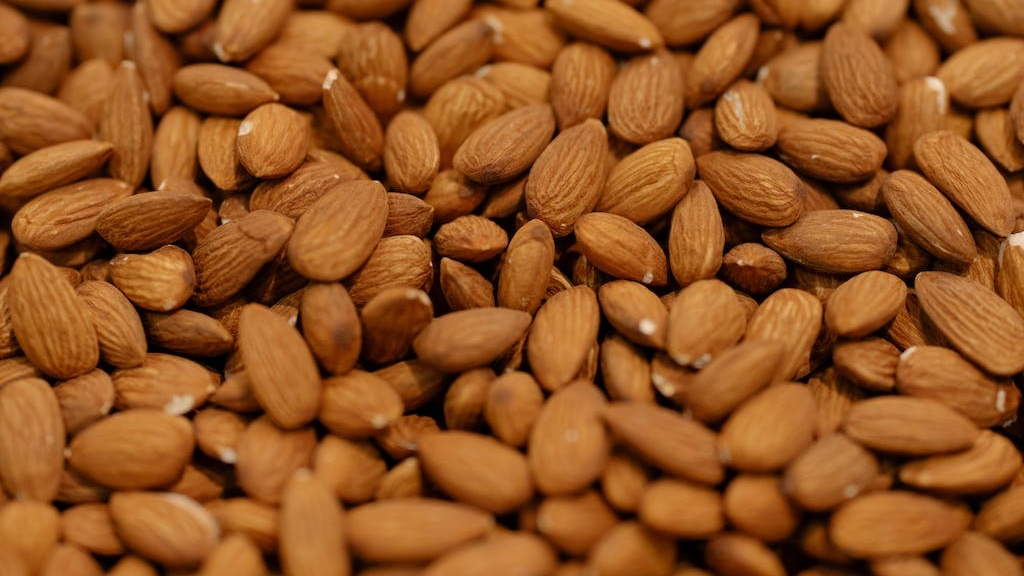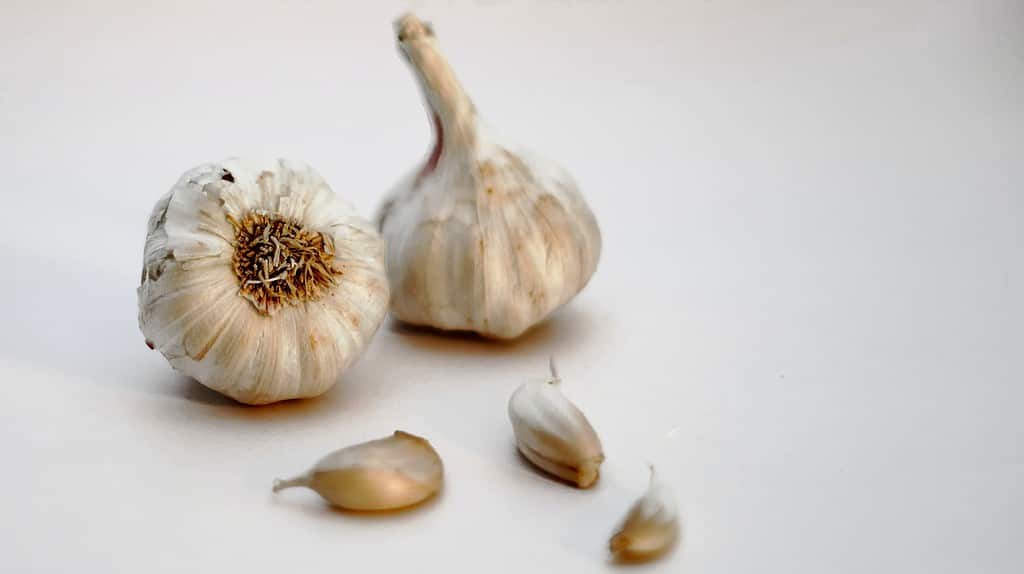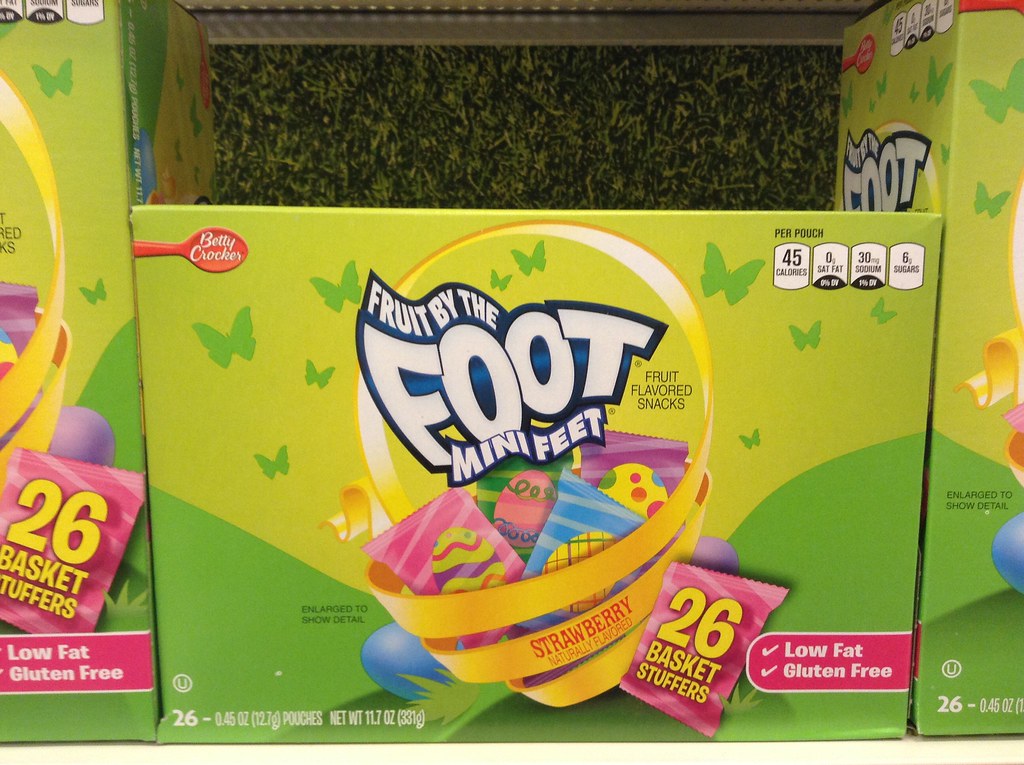Key Takeaways
- Wild onions, also known as wild garlic, can be toxic to dogs.
- Consuming wild onions can lead to various health issues in dogs, such as anemia, gastrointestinal upset, and organ damage.
- Symptoms of onion toxicity in dogs may include vomiting, diarrhea, weakness, pale gums, and even breathing difficulties.
- If you suspect your dog has eaten wild onions, contact your veterinarian immediately for guidance.
- Preventing access to wild onions and other toxic plants is crucial to keeping your dog safe.
- It is always best to consult with a veterinarian before introducing any new foods or plants into your dog’s diet.
Summary
Are you wondering about dogs and wild onions? The quick answer is no, dogs should not eat wild onions because they are toxic to them. But don’t stop reading just yet! This article provides essential information about the dangers of wild onions for dogs, the symptoms of ingestion, and what steps to take if your furry friend accidentally consumes them. Understanding the risks involved will help you keep your dog safe and take appropriate measures, so read on to ensure the well-being of your four-legged companion.

Are Wild Onions Safe for Dogs to Eat?
When it comes to wild onions, it’s important to understand that while they may be harmless to humans, they can be toxic to dogs. Wild onions contain substances called disulfides and sulfoxides, which can cause a range of negative effects on dogs. Ingesting wild onions can lead to symptoms such as vomiting, diarrhea, abdominal pain, and even anemia in severe cases. It’s crucial to prevent your dog from consuming any part of a wild onion plant.
Potential Risks of Wild Onion Consumption
The toxins in wild onions can affect a dog’s red blood cells, leading to a condition known as hemolytic anemia. This condition can be especially dangerous for certain dog breeds that are more susceptible to onion toxicity, such as Japanese breeds like Akitas and Shiba Inus. Symptoms of hemolytic anemia include weakness, pale gums, lethargy, and even collapse. If you suspect your dog has ingested wild onions or is showing signs of anemia, it’s crucial to seek veterinary care immediately.
What to Do If Your Dog Eats Wild Onions
If you catch your dog eating wild onions, it’s essential to take action promptly. First, try to remove any remaining onion pieces from your dog’s mouth and prevent them from swallowing any more. Contact your veterinarian right away to seek guidance based on your dog’s specific situation. The vet may recommend inducing vomiting if the onions were recently consumed or suggest other immediate measures to prevent absorption of the toxins into the bloodstream.
Symptoms of Onion Poisoning in Dogs
While the symptoms of onion poisoning can vary depending on the amount ingested and the size of your dog, common signs to look out for include gastrointestinal upset, such as vomiting and diarrhea. Other symptoms may include abdominal pain, weakness, pale gums, rapid breathing, and even an increased heart rate. If you notice any of these symptoms after your dog has been exposed to wild onions, it’s crucial to contact your veterinarian for further guidance.
Preventing Onion Toxicity in Dogs
Prevention is key when it comes to keeping your dog safe from wild onions or any other toxic foods. Ensure that your yard or outdoor areas are free from wild onion plants by regularly inspecting and removing them. When taking your dog for walks or hikes, keep them leashed and away from areas where wild onions may grow. It’s also crucial to educate family members and guests about the dangers of feeding dogs any human food, especially anything that contains onions or onion powder.
Safe Alternatives to Onions for Dogs
If you want to enhance the flavor of your dog’s meals, there are several safe and dog-friendly alternatives to onions. You can consider adding small amounts of garlic powder, parsley, or turmeric to provide a hint of flavor. However, it’s crucial to consult with your veterinarian before introducing any new ingredients into your dog’s diet to ensure they are safe and suitable for your pet’s specific needs.
Recipes and Alternatives to wild onions for dogs
Wild onions are not safe for dogs to consume as they contain compounds that can be toxic to them. It is important to avoid feeding wild onions to dogs as it can lead to symptoms such as vomiting, diarrhea, and even damage to their red blood cells. Instead, here are some alternative foods that are safe and healthy for dogs:
- Carrots
- Blueberries
- Pumpkin
- Apples (without seeds)
- Chicken (cooked and boneless)
Can Dogs Eat Wild Onions?
What are wild onions?
Wild onions, also known as Allium canadense, are native wild plants that resemble regular onions and belong to the Allium family. These plants typically have long, slender green leaves and small white or pinkish flowers.
Are wild onions safe for dogs to eat?
No, wild onions are not safe for dogs to eat. They contain compounds called organosulfides. These compounds are toxic to dogs and can cause a range of health issues if consumed.
What happens if a dog eats wild onions?
If a dog ingests wild onions, it can lead to a condition known as onion toxicity or onion poisoning. Symptoms may include vomiting, diarrhea, abdominal pain, loss of appetite, weakness, pale gums, increased heart rate, and in severe cases, it can cause damage to the dog’s red blood cells, which can be life-threatening.
How much wild onion is toxic to dogs?
The toxic compounds in wild onions can affect dogs even in small amounts. It is best to keep dogs away from any wild onions to prevent harm or illness.
What should I do if my dog eats wild onions?
If you suspect that your dog has ingested wild onions, it is essential to seek veterinary assistance immediately. Contact your veterinarian or an emergency animal hospital for guidance. They may induce vomiting, administer activated charcoal, or recommend other treatments depending on the severity of the situation.
How can I prevent my dog from eating wild onions?
To protect your dog from ingesting wild onions, you can take the following precautions:
- Avoid walking your dog in areas where wild onions are known to grow.
- Keep your dog on a leash while outside to prevent them from grazing on plants they find.
- Regularly inspect your yard for any wild onion plants and remove them if found.
- Train your dog to avoid eating anything they find on the ground during walks.
Can cooked onions be fed to dogs?
Feeding small amounts of cooked onions occasionally is unlikely to cause harm to most dogs. However, it is generally recommended to avoid feeding onions in any form to dogs due to the potential health risks.
Are there any safe alternatives to onions for flavoring dog food?
Yes, there are several safe alternatives to onions for adding flavor to your dog’s food. Some popular options include adding small amounts of cooked meat (without seasoning), low-sodium chicken broth, or pet-safe herbs like parsley.
Are there any other human foods that dogs should avoid?
Yes, there are several human foods that can be harmful or toxic to dogs. Some common examples include chocolate, grapes and raisins, avocado, caffeine, alcohol, nuts, and foods containing xylitol (a sweetener). It is best to consult with your veterinarian regarding specific foods and their potential risks for your dog.
Conclusion
Dogs should not eat wild onions. While onions in small quantities may not cause immediate harm, they contain compounds that are toxic to dogs and can cause serious health problems such as anemia and damage to the red blood cells. Even a small amount of onion can be dangerous, so it’s best to avoid giving any part of the wild onion plant to your dog. If you suspect that your dog has consumed wild onions or is showing any signs of illness after ingestion, it’s important to contact your veterinarian right away for guidance and treatment. Ensuring that your dog’s diet only consists of safe and vet-approved foods is crucial for their overall well-being.
📚 Sources:
